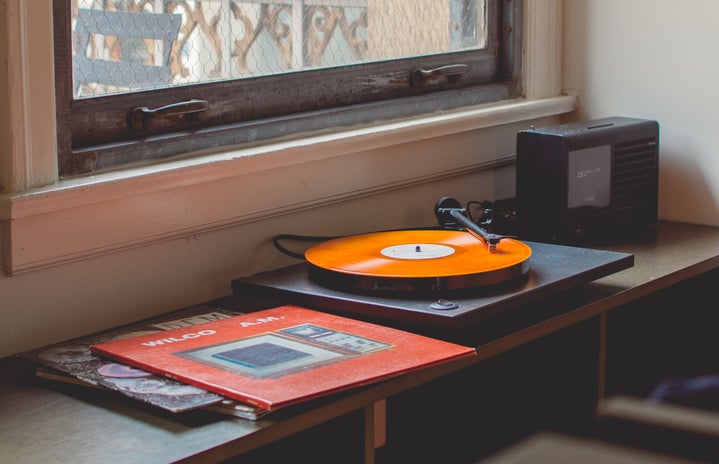For many music-obsessed individuals like myself, having a good taste in music is a quality that often draws us to a person instantly, whether in a platonic or romantic sense. Is it truly fair to judge someone by their music preference? Should we allow it to influence our perception of others? While music taste probably shouldn’t be the main dealbreaker for you when choosing someone as a friend or romantic partner, there may be some validity in using it as an indicator of whether or not you’d get along with a person.
Research shows that particular styles of music are associated with specific personality traits in listeners. A 2022 study assessed the connection between music preferences and what is known as the “Big Five” personality traits, which include extraversion, conscientiousness, openness to experience, neuroticism, and agreeableness. Extraversion is how outgoing or social a person is, conscientiousness is how organized or goal-oriented one is, openness to experience refers to a person’s level of curiosity and open-mindedness, neuroticism is related to emotional instability and feelings of insecurity, and agreeableness is associated with levels of empathy and compassion.
According to the study, those who listen to more upbeat, contemporary styles of music often present in genres such as pop, rap, and electronic dance music are higher in extraversion and are more likely to be outgoing. Those who listen to more “sophisticated” styles of music, characterized as more complex such as jazz and classical, tend to be more open to new experiences and explore abstract concepts. Higher neuroticism is associated with listeners of more intense styles of music that explore more rebellious and aggressive themes often present in rock, punk, and pop. Additionally, it is also prevalent among those who listen to more mellow music styles such as soft rock, R&B, and some contemporary genres. Those who listen to music classified as “unpretentious”, which includes more traditional, less intense styles such as folk and country, scored higher on conscientiousness. While high agreeableness had the strongest correlation with listeners of more mellow music out of all preferences, it was strongly associated with music listening in general.
The idea that those who listen to a lot of music tend to be more empathetic has been further supported by a study conducted by UC Berkeley. The study found that those who experience more pleasure when listening to music have higher levels of empathy. It is important to consider that music is processed by the brain as social information, meaning that it is often processed by the same part of our brains that work to perceive others’ feelings and understand their perspectives. Those who scored higher on empathy in the study displayed greater activation in this area of the brain when listening to music, suggesting that it may be a more emotional experience for them, which therefore can be more pleasurable.
Although the research suggests that people with similar personality traits tend to gravitate towards certain styles of music and that those who generally enjoy music more tend to be more empathetic, it isn’t fair to assume a person’s personality and level of compassion for others based on their preferences or enjoyment in music alone. People are complex, and there are a variety of factors in our lives that make us who we are. This isn’t to say it’s wrong to get a little excited when you take a look at someone’s Spotify and find that you’re listening to the same songs and artists. In fact, it may hint that you are more alike than you think.



